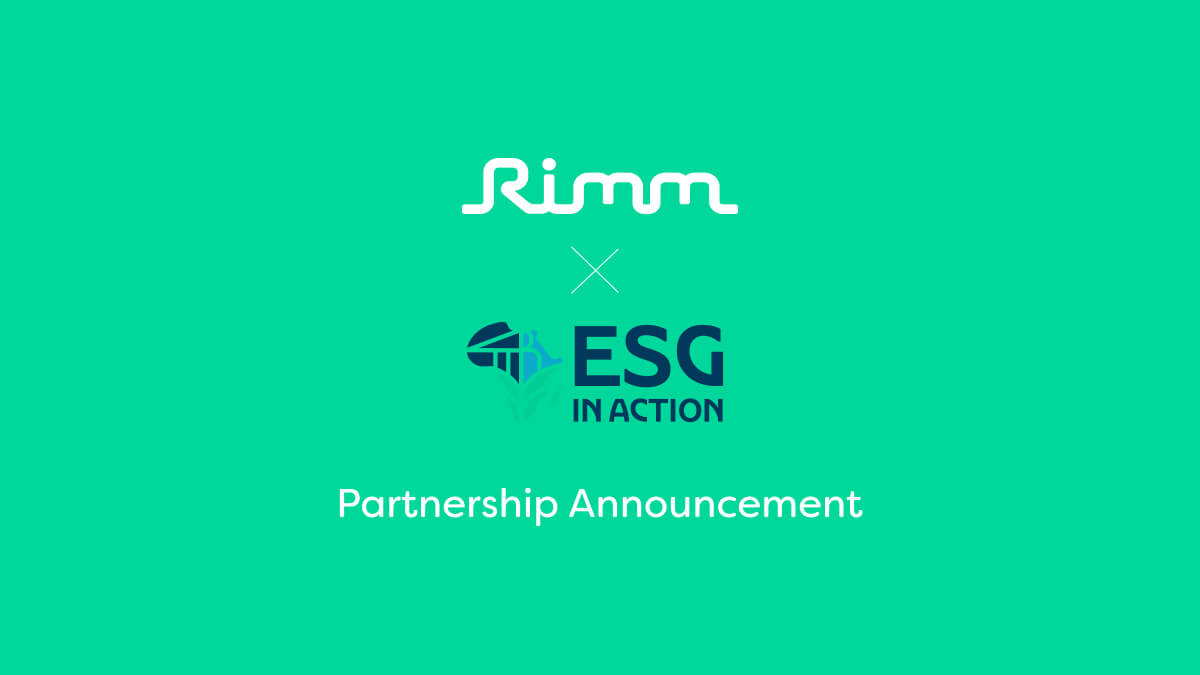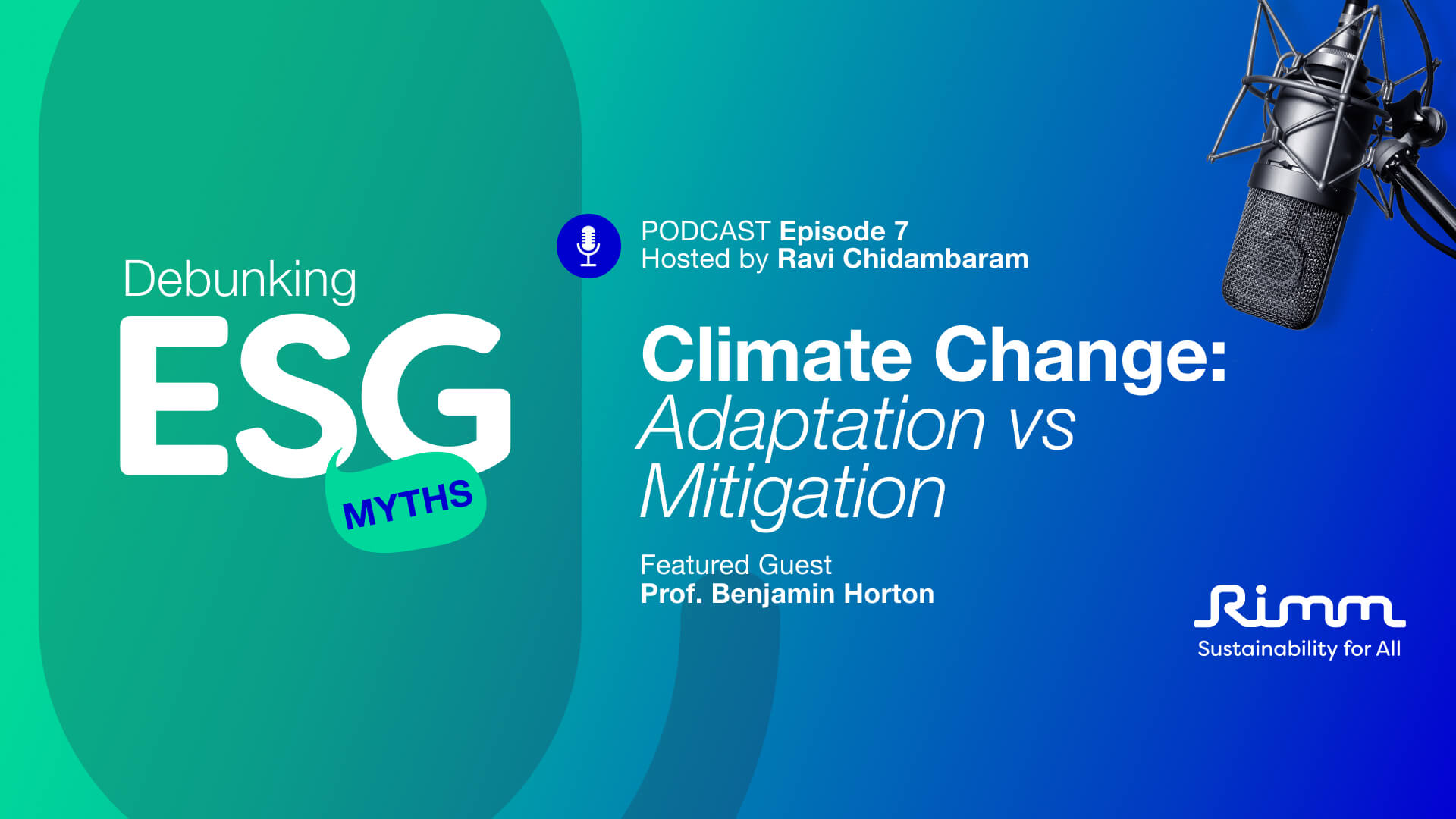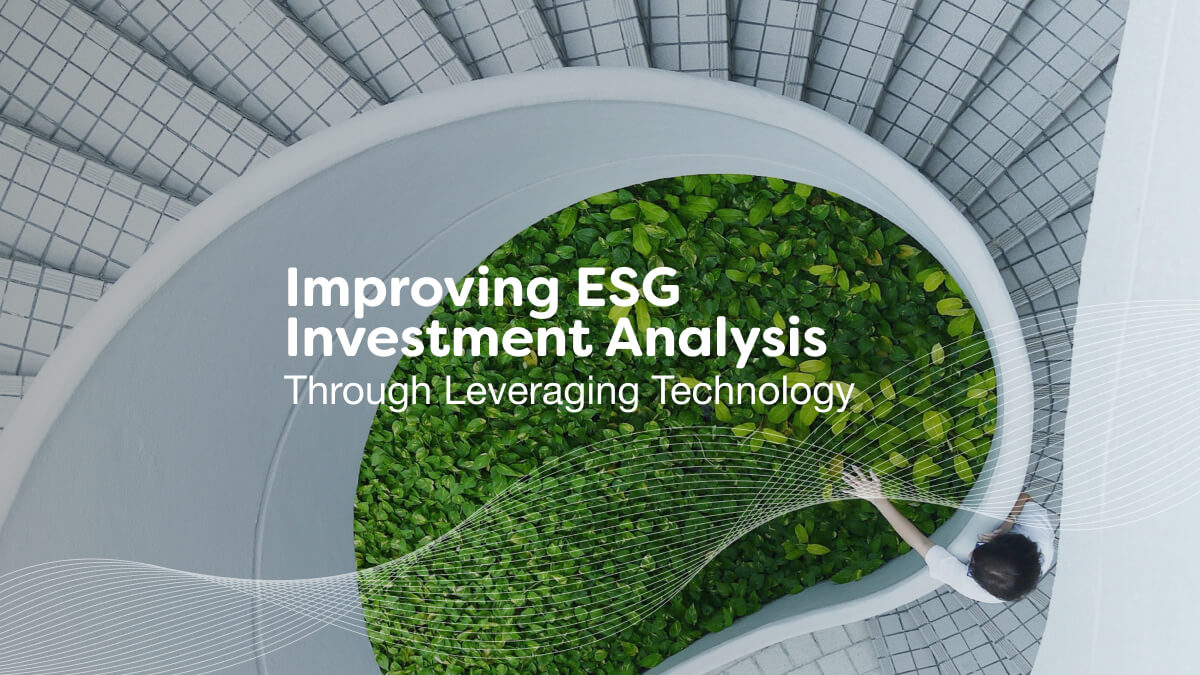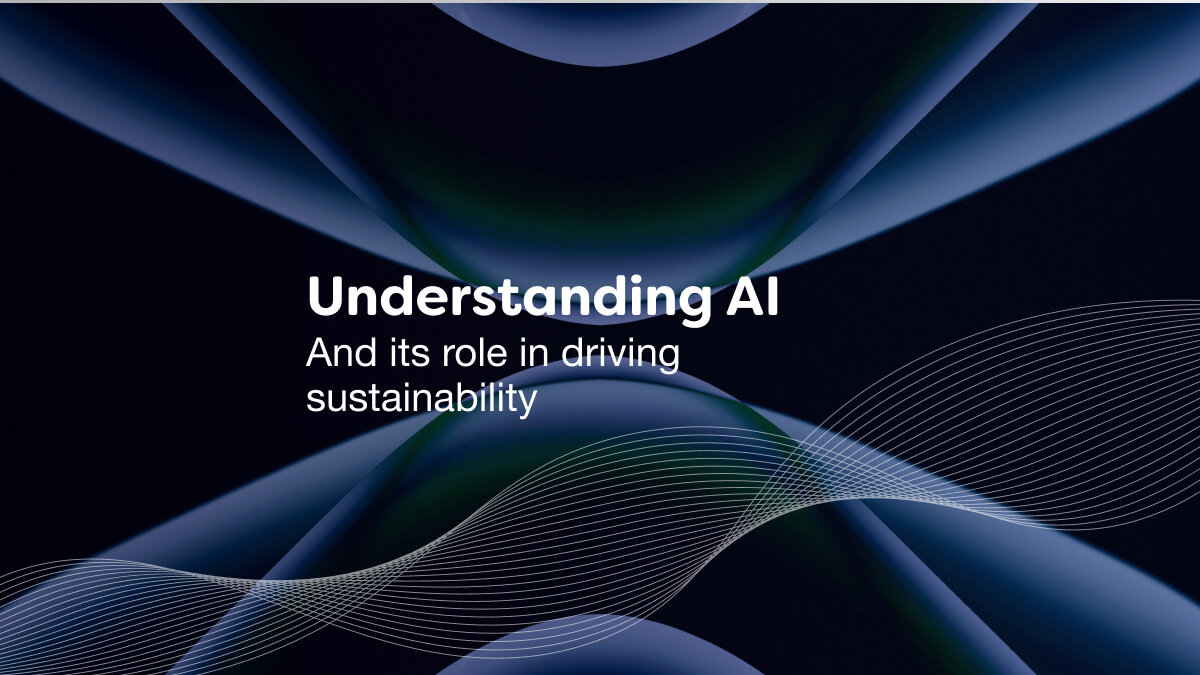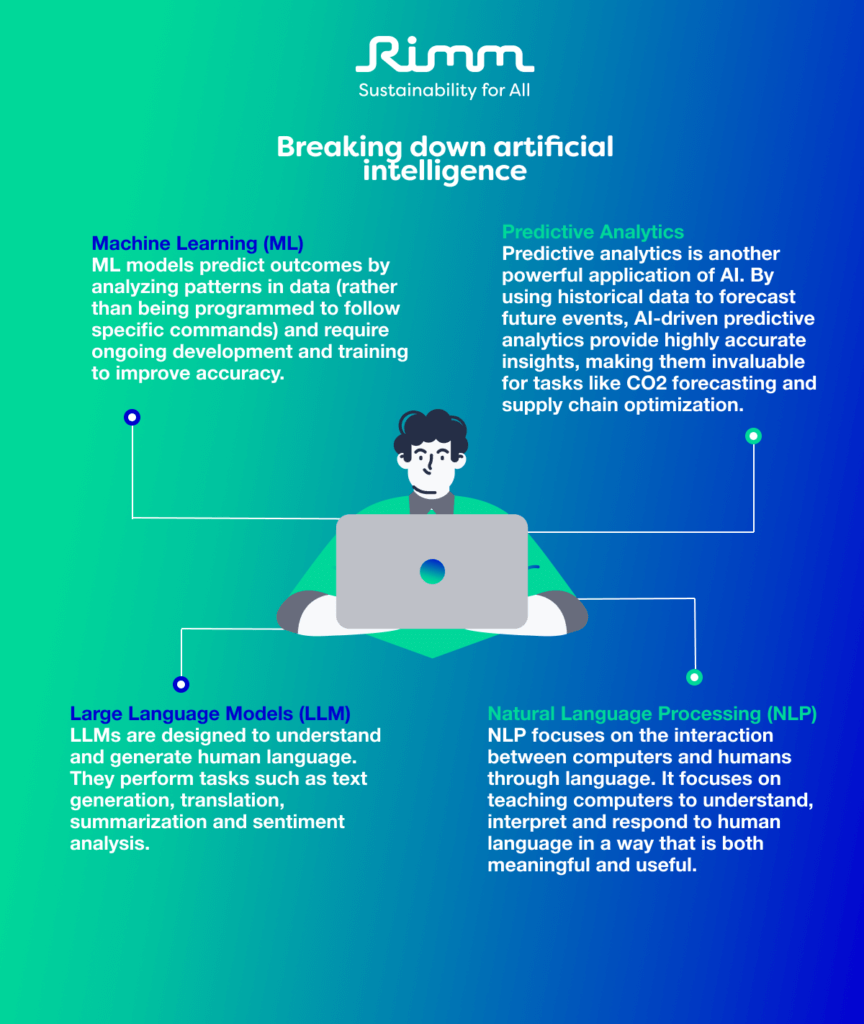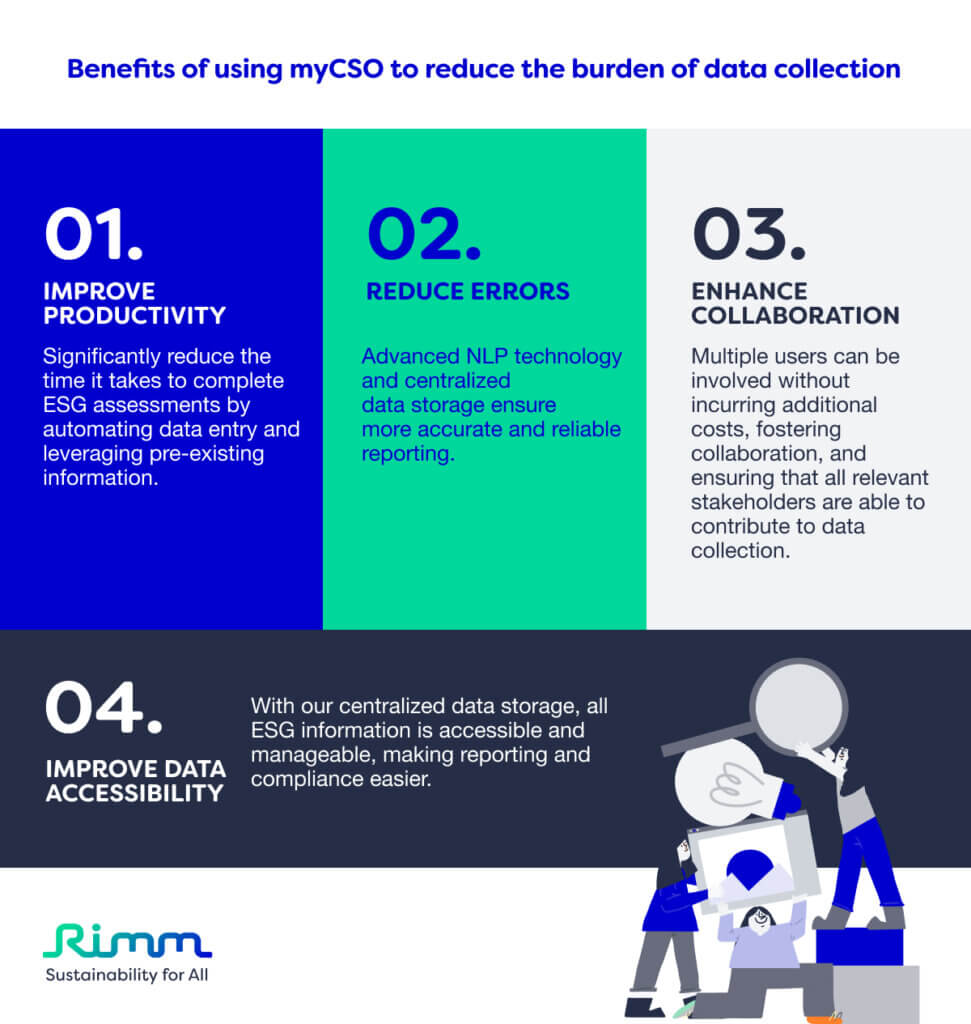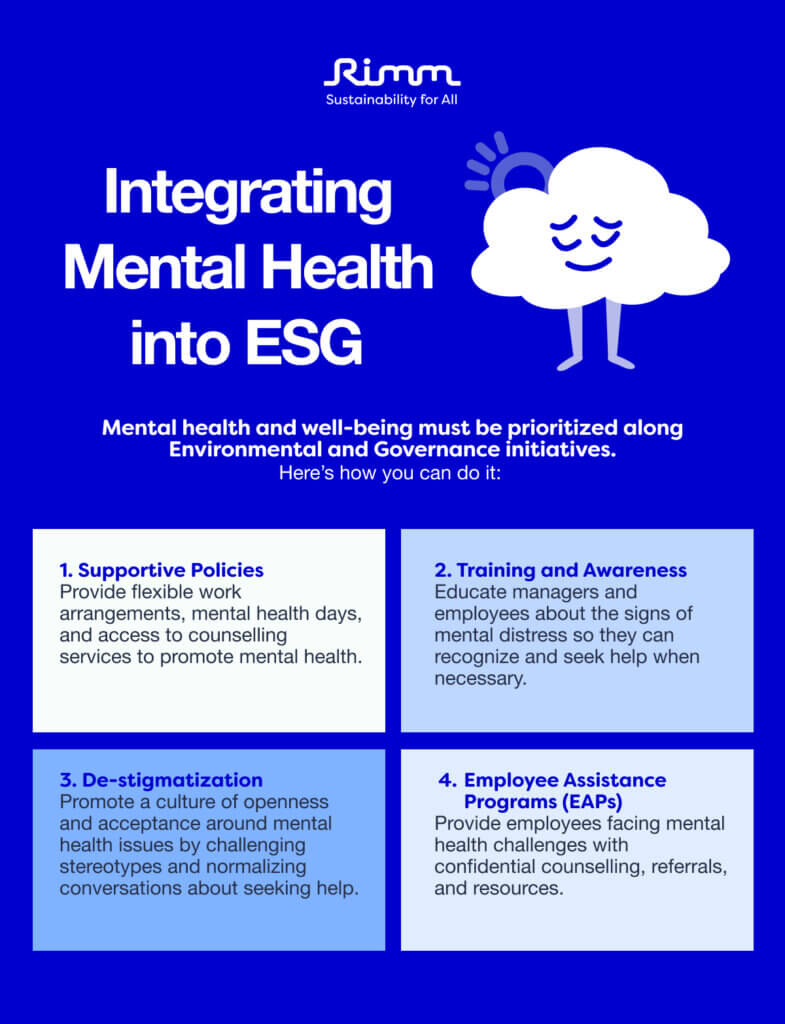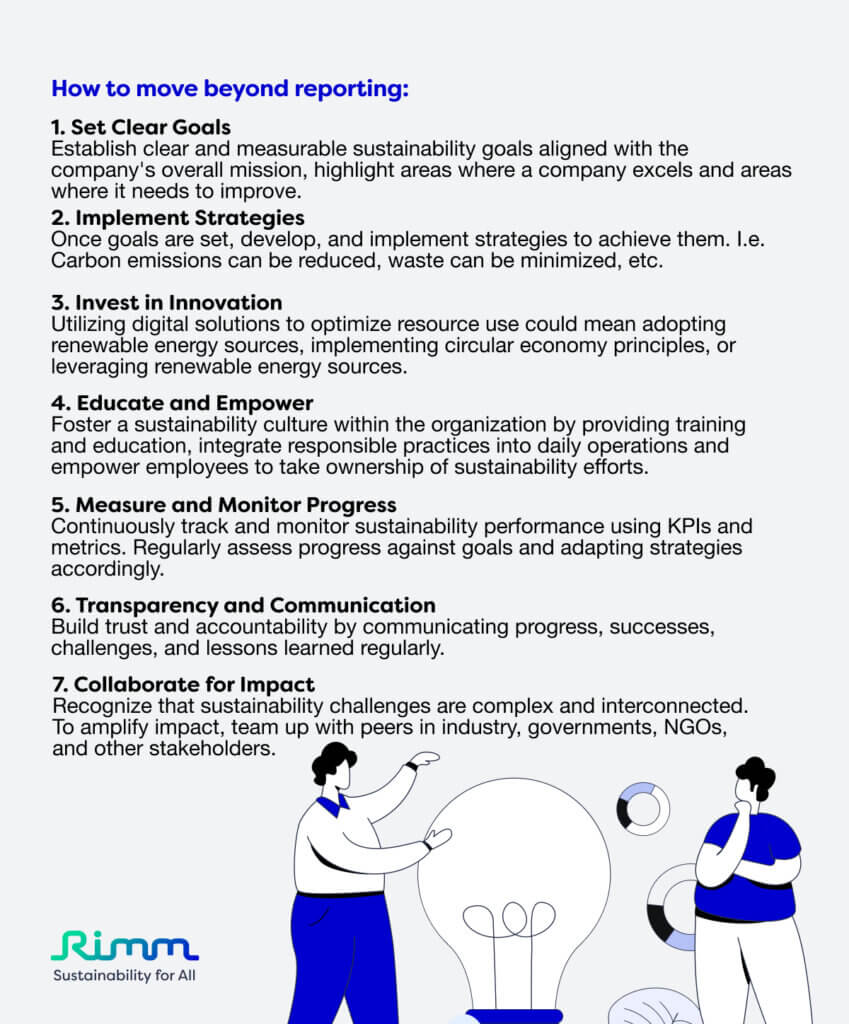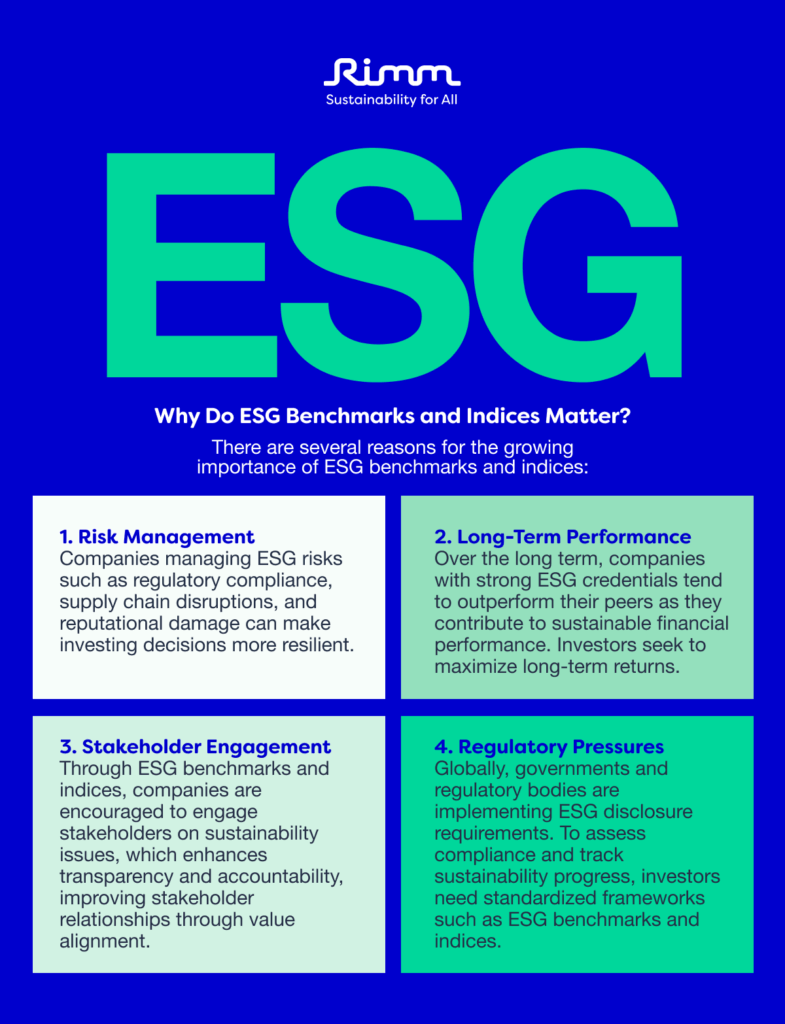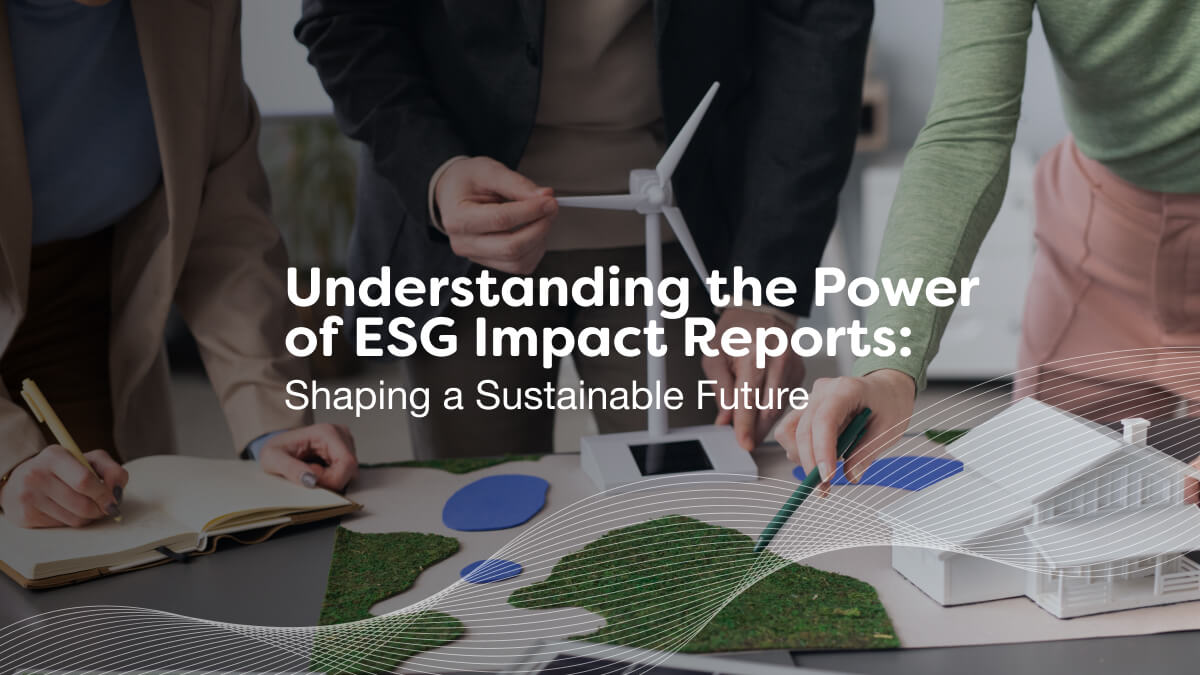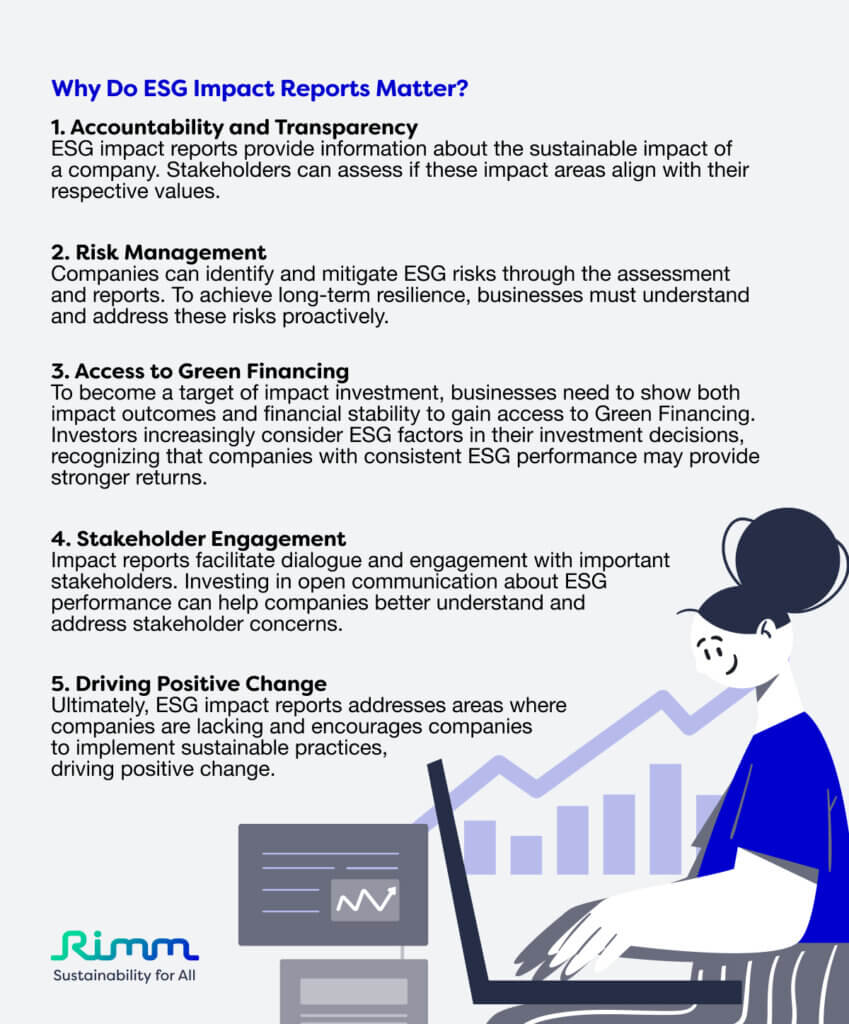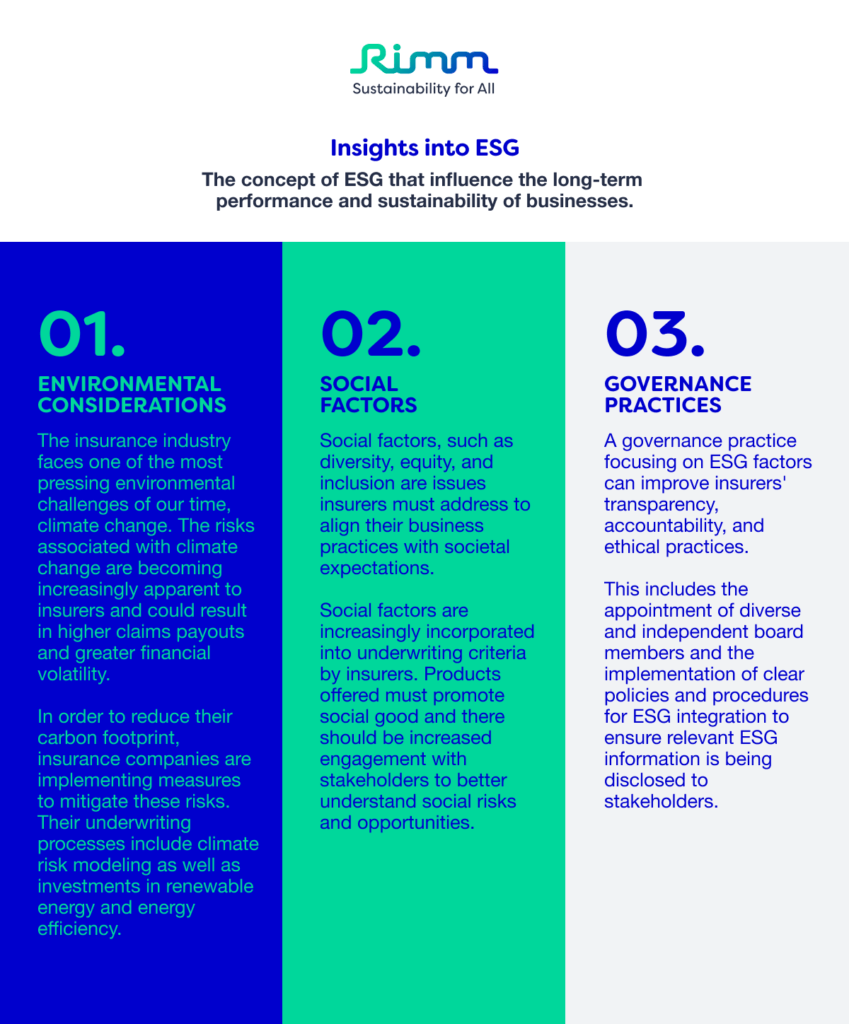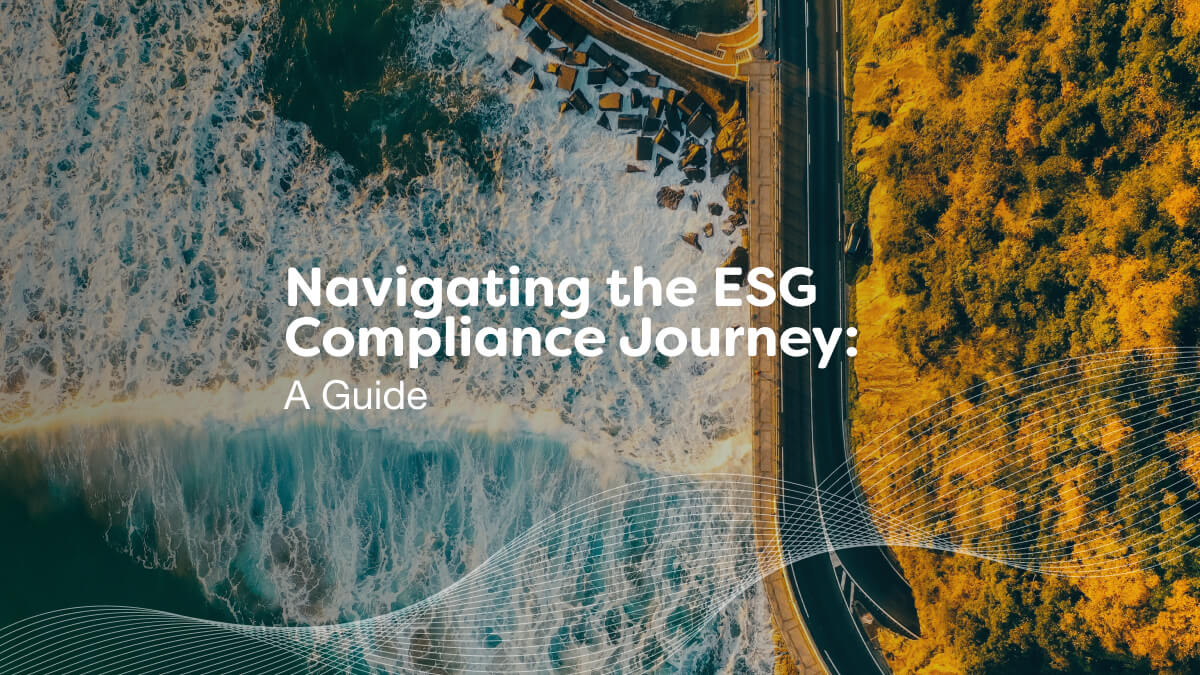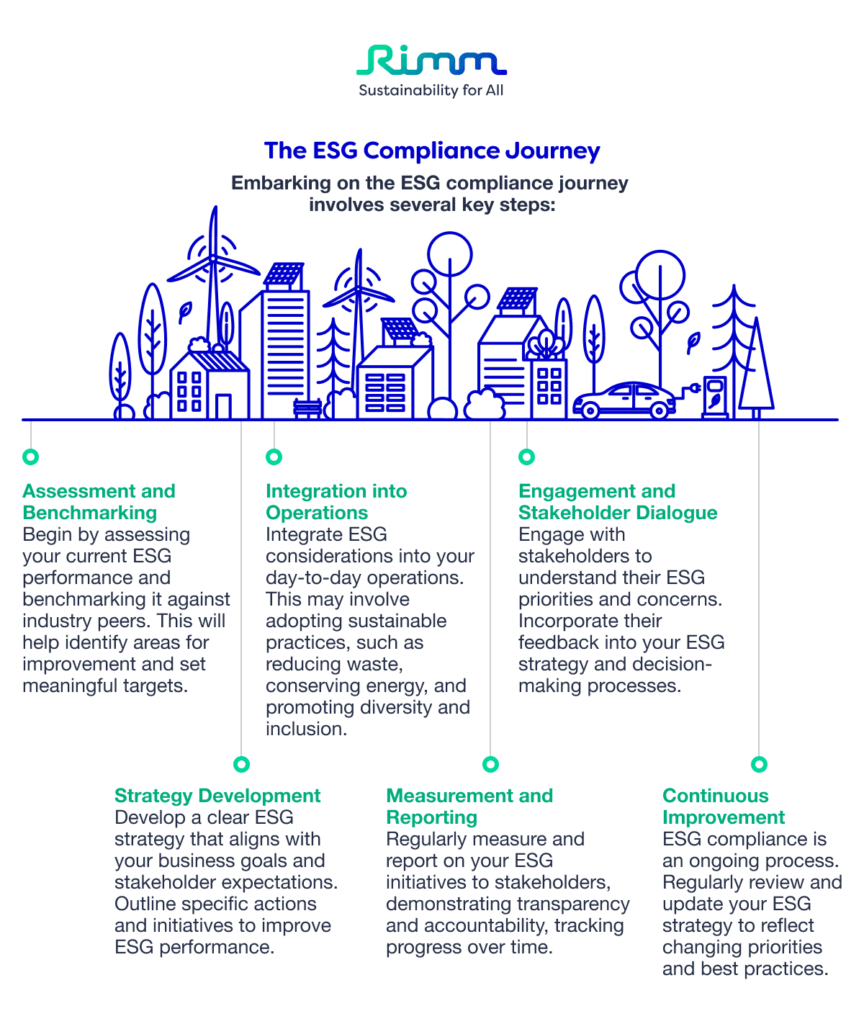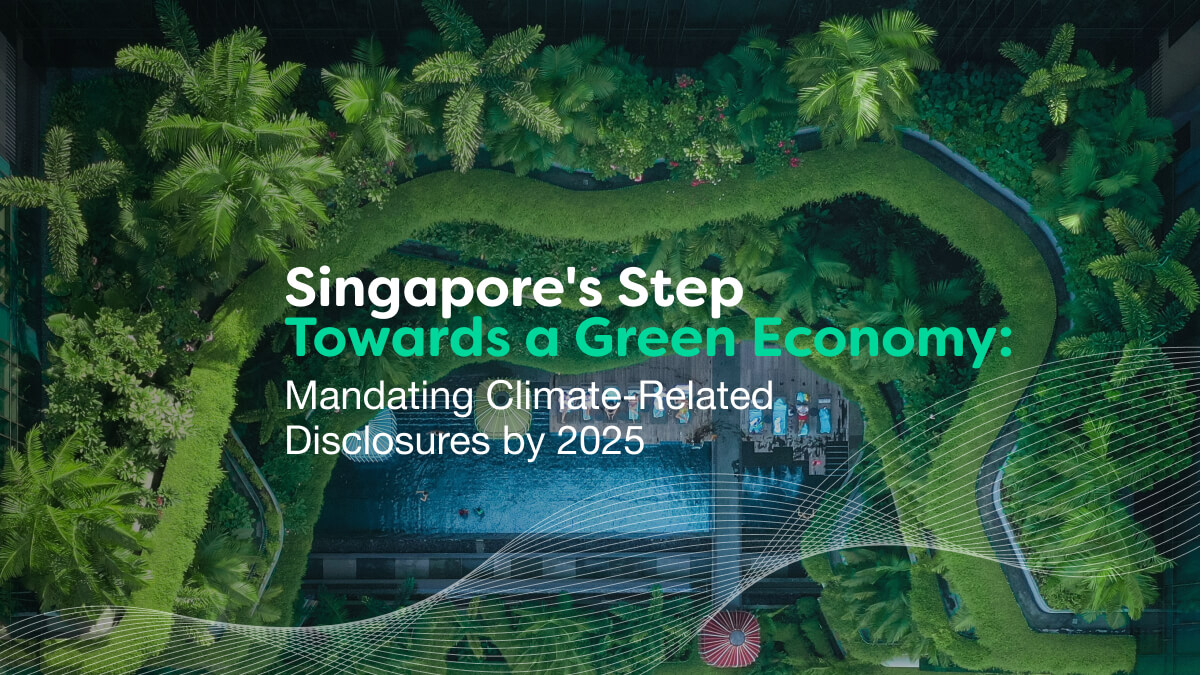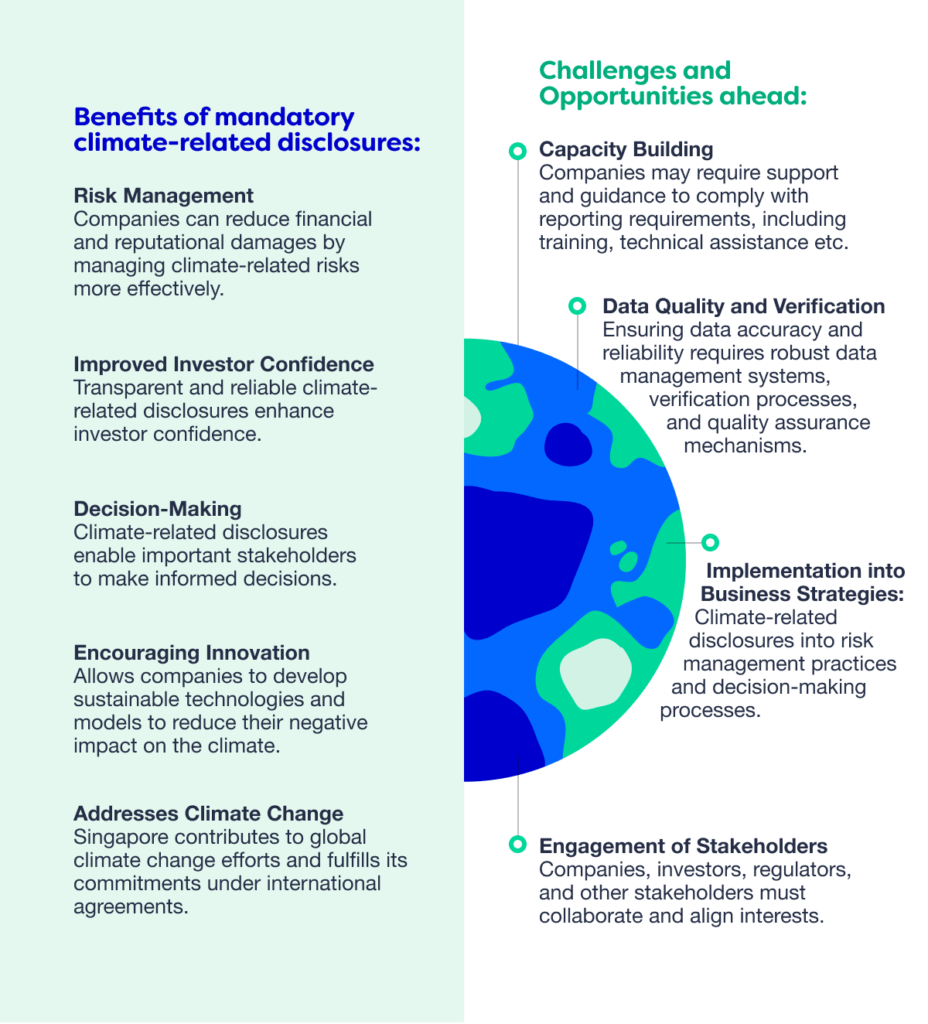ESG analysis has become crucial to investment decisions, with investors increasingly seeing companies that effectively address environmental, social, and governance factors as less risky, better positioned for long-term growth and more prepared for uncertainty. Early engagement on these topics included approaches such as negative screening or ESG-themed funds, however, with an increasing volume of data and development in technology, more comprehensive analysis and decision-making is now possible. In this blog, we explore how technology can be used to aid and improve ESG analysis in the context of investments, given the ever growing volume of ESG data available.
Why include ESG criteria in investment decisions?
ESG analysis involves assessing an organization’s business practices and performance on environmental, social and governance issues. The data required for this analysis is complex in itself, encompassing both structured and unstructured information and coming from a variety of sources. Being able to collect, gather, manage and analyze this information has many benefits for fund managers when thinking about where and how to invest.
One key benefit is getting a more accurate view of risk. By integrating ESG risks into portfolio construction alongside traditional financial risk metrics, fund managers can get a more holistic and accurate view of a company’s overall risk profile. This can lead to outperformance and ultimately long-term value creation, as companies with strong ESG practices are often better positioned for sustainable, long-term growth and tend to be more forward-thinking, adaptable and resilient to future challenges.
How can technology aid ESG analysis?

Aiding data collection
Using advanced data analytics tools and AI algorithms can significantly enhance the collection and processing of ESG data, enabling more and better data to be collected on companies. These technologies facilitate the extraction of valuable insights from both structured and unstructured data, providing fund managers with a deeper understanding of how an organization is performing across environmental, social and governance factors. This allows better investment decisions to be made and equips fund managers with ESG data that allows them to have productive engagements with asset owners.
We’ve written in a previous blog about all the ways our solutions aid with data collection, from gathering data across multiple sources to centralizing data collection – check it out to learn more!
Improved reporting and transparency
Digital platforms have revolutionized ESG reporting by streamlining the steps involved, allowing companies to produce comprehensive and standardized reports with greater efficiency. This technological advancement makes it easier for investors to access consistent and comparable ESG data across different companies. Consequently, investors can make more informed decisions, whether it’s divesting from companies with poor ESG performance, engaging with firms to encourage improvements or selecting new companies to add to their portfolios based on robust sustainability criteria.
At Rimm we provide auto-generated reports based on the completion of assessment questions, which companies can use to show investors their ESG performance. We offer a variety of reports for companies to meet the needs of their stakeholders, including sustainability reports, impact reports and analytics reports. Investors can use these reports to gain a clear view of a company’s ESG performance.
Technology for risk assessments
Investors are facing an increasing number of risks in their portfolios due to the effects of climate change and biodiversity loss. Using data analytics and artificial intelligence, various ESG data points can be aggregated and analyzed to provide risk scores, helping investors to understand and compare the ESG risks present in their portfolios. Without technological solutions, this process would be far more complex, time-consuming and ultimately more costly.
At Rimm we have several tools to aid investors in better understanding risk profiles. Our Risk Rating Solution covers 12 ESG risk categories to cover material ESG KPIs and 6 business risks to map out ESG impacts on a business. The tool translates critical ESG data to quantify risk exposures, relevant and contextualized to businesses. We have also developed a transition risk tool, TR360, which quantifies the financial impact of transitioning towards a low carbon economy using different climate pathways (scenarios).
Using the power of AI for predictive analytics
Despite increasing volumes of ESG data, there are often still gaps in what companies are able to collect and report on. Being able to fill in these gaps through predictions can give investors a useful indication of how a company is performing on a given ESG topic. Through machine learning algorithms and advanced data processing techniques, AI can detect patterns which can be used to indicate how companies with missing data would perform or what future performance would look like.
At Rimm we use AI to power our approximation tools. This includes our Carbon Emissions Estimator which leverages our database and machine learning expertise to estimate carbon emissions for any unknown entity, helping make strategic decisions. We also have a Risk Approximator which uses a custom, state-of-the-art machine learning model, predicting risk intervals with a high degree of accuracy (>95%). This model has been trained from scratch using risk data, and can help investors to gain a better understanding of company risk profiles.
Effective consideration of ESG is a fundamental driver of sustainable, long-term investments. Using scalable technology solutions to aid ESG investment analysis enables investors to efficiently process large volumes of data, identify key trends and make informed decisions that align with sustainable and responsible investment goals.
